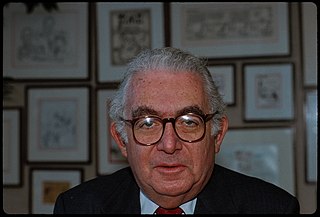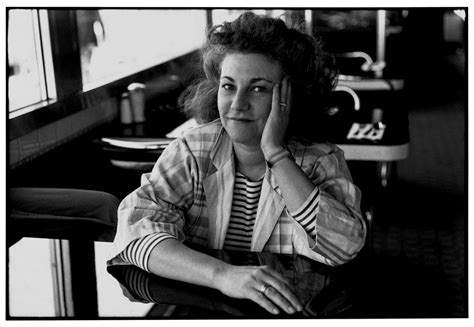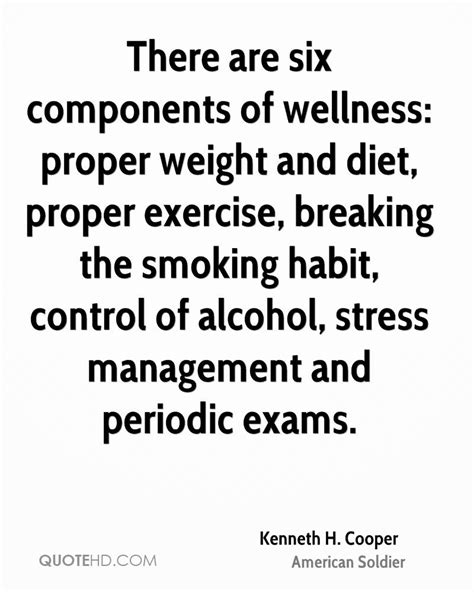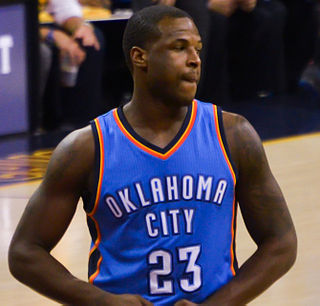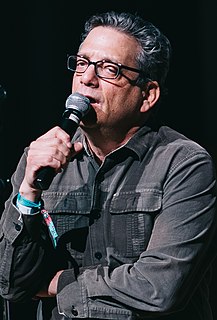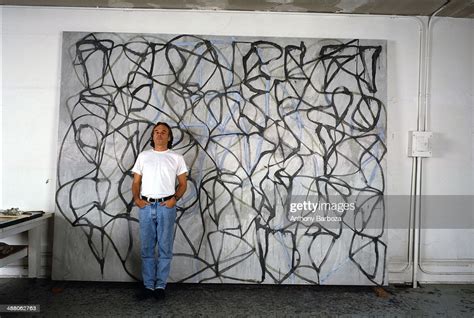A Quote by Henry Anatole Grunwald
Everything can be learned, including, to a very large extent, to be what you are not. You can learn to be pretty if you are plain, charming if you are dull, thin if you are fat, youthful if you are aging, how to write though you are inarticulate, how to make money though you are not good with figures.
Related Quotes
Now we're in a very different economy. Throughout the late 1980s and 1990s American management started to do the right things. There was extraordinary investment in technology. The dominant questions now are less how to do it better, how to manage better, how to make the economy better, than how to have fuller and more meaningful lives. Because the irony is, now that we've come through this great transition, even though our organizations and our people are extraordinarily productive, many feel that the nonwork side of life is very thin.
Grown-ups love figures... When you tell them you've made a new friend they never ask you any questions about essential matters. They never say to you "What does his voice sound like? What games does he love best? Does he collect butterflies? " Instead they demand "How old is he? How much does he weigh? How much money does his father make? " Only from these figures do they think they have learned anything about him.
Hast any philosophy in thee shepherd? .• • • • . . . He that wants money, means and content, is without three good friends; that the property of rain is to wet and fire to burn; that good pasture makes fat sheep, and a great cause of the night is lack of the sun; that he that hath learned no wit by nature nor art may complain of good breeding or comes of a very dull kindred.
In an unhealthy way, I found a lot of validity in having always been a very good athlete, a very good baseball player, and I've since grown out of that place into a different perspective and learned how to live differently, thankfully, where baseball is certainly something that's very important to me. It's not who I am, though. It's just what I do.
I'm a professional artist, that's how I make my living. So I watch the market. There is, it seems to me, a lot of pure financial speculation, and I don't think that's terribly healthy. Though as long as the money is getting back to the artist, I think that's good. I'm very happy younger artists can make money faster than we could. And we were making it faster than a generation before us.
Even my colleagues don't read classic criticism. And my feeling is that if you don't do that then you're not really practicing your craft. That's how you learn how to do it. You don't learn how to write about jazz just from listening to jazz. You learn how to write by reading the great writers and how they worked, the great music critics.
At Lacoste, I learned how to drive in a very conservative environment. I had to learn how to do politics, how to talk, how to explain, and how to communicate a vision, and the necessary link between marketing and creative teams. Also, very important, the shop experience, which was actually very frustrating at Lacoste.
